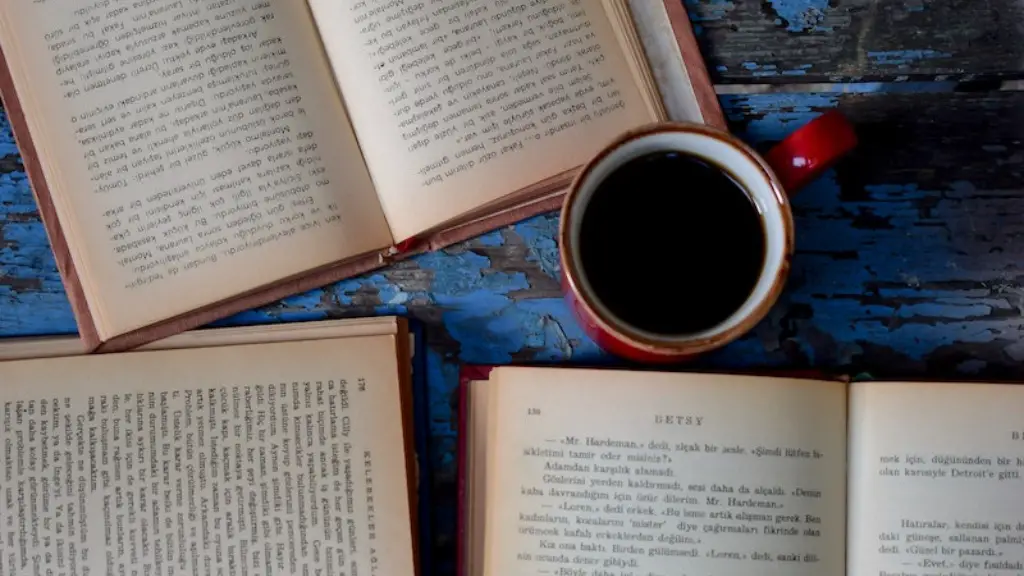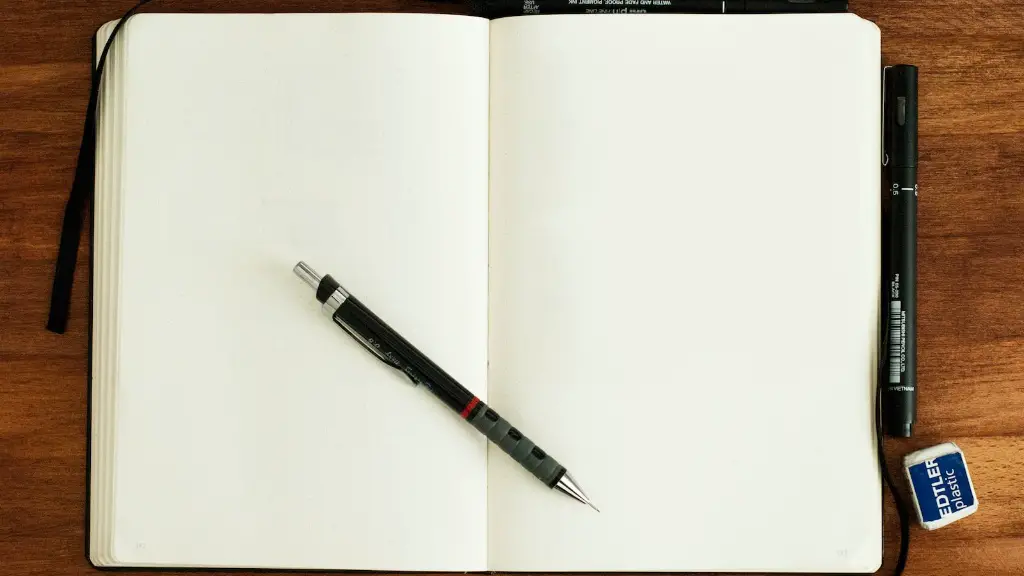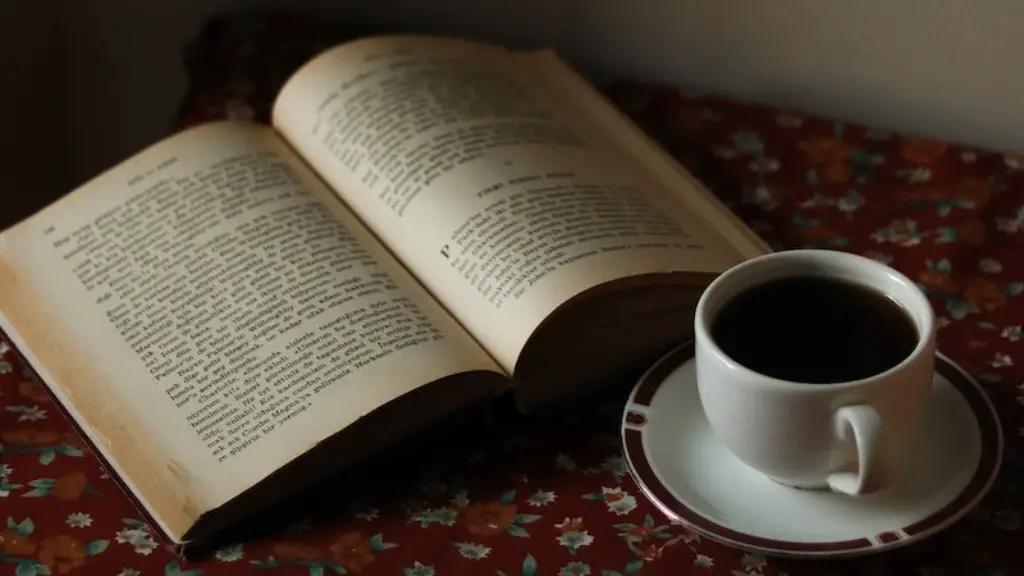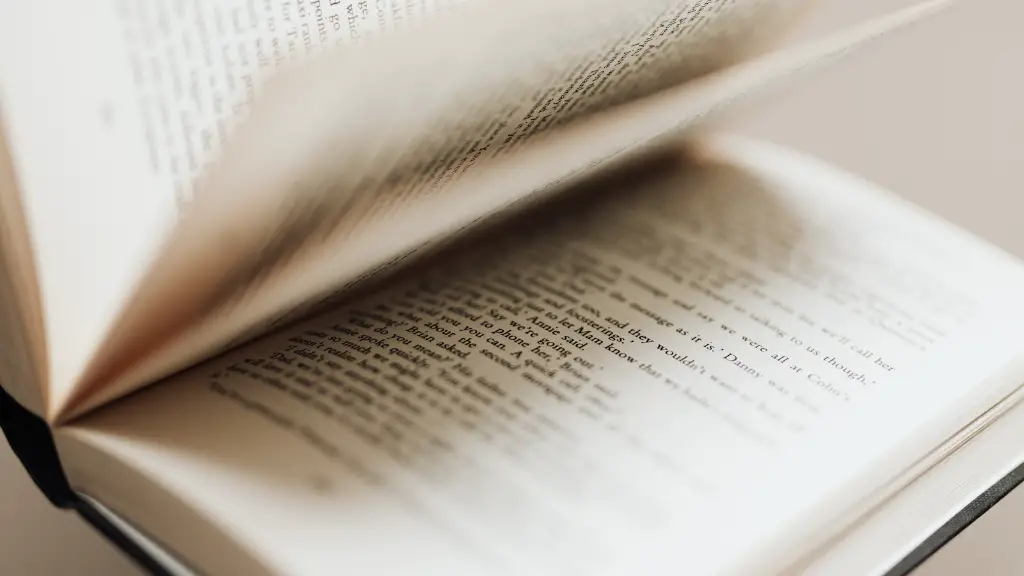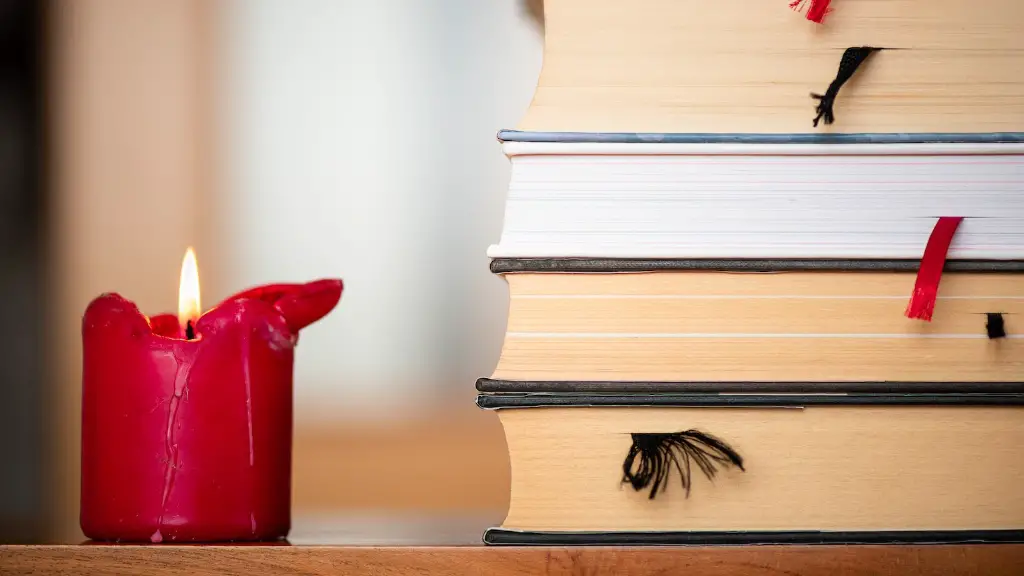What is Prose in Poetry?
Prose poetry is one of the most exciting and versatile forms of literature. It is a form of writing that blends the qualities of poetry and prose, creating something new and interesting. It combines mental imagery, poetic techniques, rhythm and sound to create an emotive and engaging piece of work. Unlike traditional poetry,prose poetry does not rely as much on traditional poetic elements such as meter or rhyme.
The two key elements of prose poetry are that it firstly has the aesthetic qualities of poetry, such as sensory phrasing, rhythm, metaphor and imagery; and the structure and form of prose, such as the use of paragraphs, dialogue, and narration. It is a hybrid form that transcends the traditional definitions of prose and poetry. Prose poetry has the power to evoke powerful emotions and imbue the reader with a unique experience.
When asking experts, the term “prose poetry” is often met with confusion. Numerous critics and writers have attempted to define and categorise the form. Many have used the term to describe experimental works that use “unusual structures, unconventional language and complex juxtapositions”. It is for each individual to decide what prose poetry is and what it looks like to them. It should be remembered that there is no one correct definition or interpretation.
Throughout the ages, many noteworthy poets and authors have used prose poetry in their works. Examples can be seen in the writings of Emerson, Rimbaud and Dickinson. Additionally, in the modern age, many emerging authors continue to push the boundaries of the form and explore its potential.
What is clear is that prose poetry is an incredibly broad term and there is no one-size-fits-all definition. However, it can be seen as the concentration of poetic elements, such as imagery and rhythm, condensed into a single piece of writing. Prose poetry requires great skill on behalf of the writer, as it blends together the nuances of poetry and prose to create something new and unique.
A Look at its Purpose
Though the term ‘prose poetry’ has been around for centuries, it still remains somewhat of a mystery, much debated and discussed. While it is difficult to pinpoint the exact purpose of prose poetry, some have suggested that prose poesy is a way of capturing intangible moments and feelings in a tangible form in order to immortalise certain feelings. Others feel that prose poesy crosses the boundaries between photography and poetry, creating something new and different.
Regardless, it can be said that prose poetry is an expression, or a way of expressing emotion, whether that be in the form of joy, sorrow, frustration, or any other feeling. In the same way that traditional poetry elicits emotion, prose poetry helps to capture a sentiment or feeling and convey it to the reader.
The beauty of prose poetry lies in its use of poetic techniques and devices such as metaphor, word play and alliteration, while retaining the structure and layout of prose. It allows writers and readers to transcend the clichéd ideas of what poetry and prose is, allowing writers and poets to create something unique and inspiring.
It should be remembered that the intention of the writer does not have to follow any one particular idea or ideology- ultimately it is the readers interpretation and experience that counts, and each reader may gain something different and unique depending on their individual perspective.
How it Differs From Other Forms of Poetry
At first glance, it may seem as though prose poetry is simply condensed prose with poetic devices added in. However, the differences between prose and poetry go far deeper than just the inclusion of certain devices. While the line between the two can become somewhat blurred, prose poetry can be considered to have pieces of writing which possess the complexity and power that is associated with traditional poetry, and which use poetic devices to distinguish it from prose.
It should also be noted that there is a great deal of debate surrounding the question of whether prose poetry is poetry, or merely prose made to look poetic. Many argue that, due to the lack of certain poetic attributes, such as metre and rhyme, it is not classed as poetry. However, in the age of expression and freedom, there can be argued to be no wrong answer to this question.
The Benefits of Prose Poetry
The main benefit of prose poetry is its diversity and flexibility. Prose poetry allows authors to explore new undiscovered territories, while retaining the traditional elements of poetry. Essentially, it allows authors to expand their writing in ways traditional poetry does not allow. It gives authors the opportunity to express complex ideas in a new and interesting way, while also offering possibilities traditional poetry does not.
In addition to this, prose poetry can be interpreted in many different ways depending on the reader, making it an excellent medium for exploring a range of topics. Prose poetry can also be used as an outlet for exploring personal feelings and emotions. It provides an accessible form of writing that allows readers to connect and engage in an emotive yet still relatively comfortable way.
The Difficulties Involved
For many writers and poets, tackling a prose poem can be a daunting prospect. It requires a great deal of finesse and skill on behalf of the writer in order to ensure the correct balance between poetic techniques and the structure and form of prose. Writing a prose poem is no simple task, and it is crucial that the writer is aware of the different techniques they can use in order to create an effective piece.
The main difficulty of prose poetry lies in avoiding abstractions and attempting to maintain a concrete image, while utilising poetic techniques such as metaphor, symbolism and repetition. Additionally, writers must be mindful of the importance of word choice, as this has the potential to heavily alter the meaning and feel of the poem. The challenge of writing and understanding the form lay in its structure and the requirement of maintaining the delicate balance between both poetry and prose.
Different Examples of Prose Poetry
The world of prose poetry is vast and ever-changing. It has been adapted by numerous poets over history, creating something unique and hard to classify. Examples of prose poetry can be seen in the works of many contemporary poets such as Virginia Woolf and Wallace Stevens. Additionally, recent developments in digital media allows poets to explore the boundaries of traditional forms and create works that span the genres.
Overall, prose poesy is a powerful and versatile form of writing that is yet to be fully explored. It provides an accessible way of expressing complex ideas and can help to capture intangible moments in a tangible form. Prose poetry is a truly unique form of writing and with its potential yet to be discovered, its future remains vivid and exciting.
